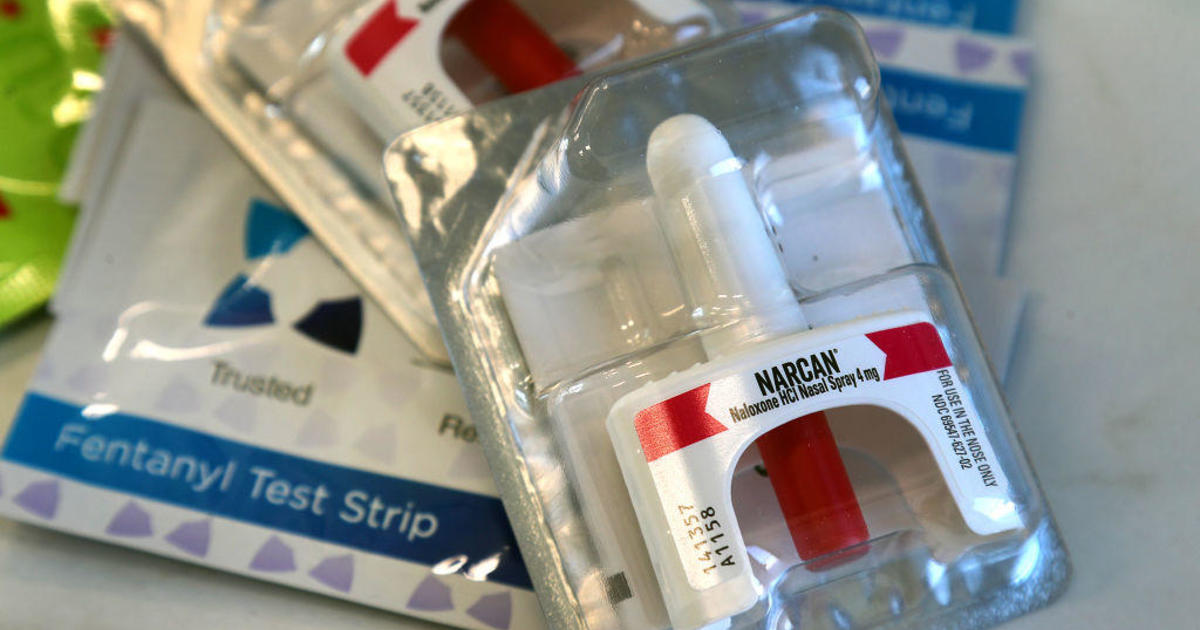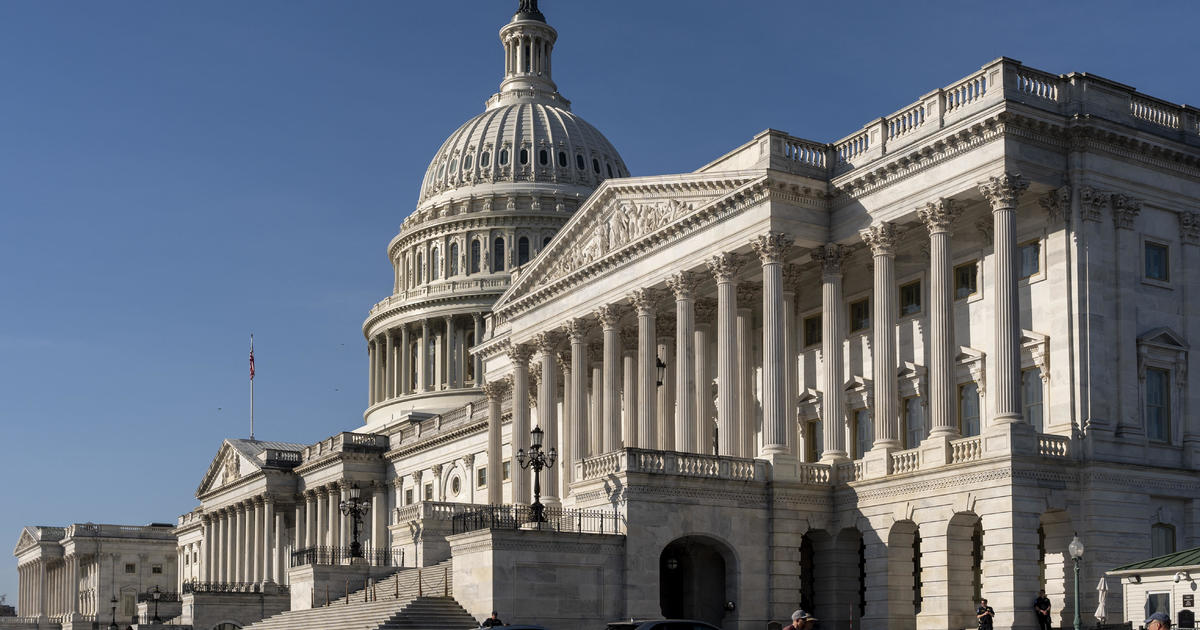Meatpackers lobbied to stay open as COVID-19 spread, congressional probe finds
At the height of the pandemic, the meat processing industry worked closely with political appointees in the Trump administration to stave off health restrictions and keep slaughterhouses open even as COVID-19 spread rapidly among workers, according to a congressional report released Thursday.
Meat companies pushed to keep their plants open despite company leaders knowing that workers were at high risk of catching the virus, the report by the House's Select Subcommittee on the Coronavirus Crisis found. The lobbying led to health and labor officials watering down their recommendations for the industry and culminated in an executive order that President Donald Trump issued in the spring of 2020 designating meat plants as critical infrastructure that needed to remain open.
Food workers were hit disproportionately early in the pandemic, with one study finding that having a beef or pork processing facility nearby more than doubled a U.S. county's per capita coronavirus infection rates.
Democratic Rep. Jim Clyburn, who leads the subcommittee, said USDA officials and the industry prioritized production and profits over the health of workers and communities, with at least 59,000 workers catching COVID-19 and 269 dying.
"The shameful conduct of corporate executives pursuing profit at any cost during a crisis and government officials eager to do their bidding regardless of resulting harm to the public must never be repeated," Clyburn said.
Former Agriculture Secretary Sonny Purdue, who now leads the University System of Georgia, didn't immediately respond to a request for comment.
The report is based on communications between industry executives, lobbyists and USDA officials and other documents the committee received from government agencies, Tyson Foods, Smithfield Foods, JBS, Cargill, National Beef, Hormel and other companies. Those firms control 85% of the beef market and 70% of pork production nationwide.
The North American Meat Institute trade group said the report distorts the truth and ignores the steps companies took as they spent billions of dollars to retool plants and purchase protective gear for workers as the world learned more about the virus in 2020.
"The House Select Committee has done the nation a disservice," the trade group's president and CEO, Julie Anna Potts, said. "The Committee could have tried to learn what the industry did to stop the spread of COVID among meat and poultry workers, reducing positive cases associated with the industry while cases were surging across the country. Instead, the Committee uses 20/20 hindsight and cherry picks data to support a narrative that is completely unrepresentative of the early days of an unprecedented national emergency."
One of the major unions that represents workers at the processing plants condemned the way the Trump administration helped the meat industry.
"We only wish that the Trump Administration cared as much about the lives of working people as it did about meat, pork and poultry products," said Stuart Appelbaum, President of the Retail, Wholesale and Department Store Union. "We understood that poultry plants needed to shut down for deep cleaning and to save worker's lives. If the Trump Administration had developed meaningful safety requirements for workers early on as they should have, this would not have even become an issue."
"Pesky health departments"
The report said meat companies were slow to take measures to protect workers from the virus and pushed to make government recommendations to require masks to be worn, install dividers between work stations and encourage social distancing in their plants optional. The industry has defended its response to the pandemic in the past and major meat companies say they aggressively worked to meet those safety standards and took additional steps to protect workers.
But the report cited a message that a Koch Foods executive sent a lobbyist in the spring of 2020 that said the industry shouldn't do more than screen employees' temperatures at the door of plants. The lobbyist agreed and said "Now to get rid of those pesky health departments!"
To that end, the report said USDA officials — at the behest of meat companies — tried to use the executive order Trump issued to stop state and local health officials from ordering plants to shut down.
Even with those efforts, U.S. meat production still fell to about 60% of normal during the spring of 2020 because a number of major plants were forced to temporarily close for deep cleaning and safety upgrades or operated at slower speeds because of worker shortages.
Documents uncovered by the committee showed that meat companies pushed hard for the executive order partly because they believed it will help shield them from liability if workers got sick or died — something a federal appeals court later rejected in a lawsuit against Tyson over worker deaths at an Iowa plant. Emails show that the companies themselves submitted a draft of the executive order to the administration days before it was issued.
Pressured to work
Companies also pushed to dissuade employees from staying home even as fears of coronavirus spread, according to the congressional probe.
Potts, the Meat Institute president, emailed Purdue asking him to reinforce the message that "being afraid of COVID-19 is not a reason to quit your job and you are not eligible for unemployment compensation if you do."
"We need that reinforcement throughout all levels of government," she said in an email uncovered by the committee.
But even in the early days of the pandemic, meat companies knew the virus was spreading rapidly among their workers because infection rates were much higher in the plants and their surrounding communities. The report said that in April 2020, a doctor at a hospital near a JBS plant in Cactus, Texas, told the company and government officials in an email that there was a major outbreak at the plant because every COVID-19 patient at the hospital either worked at the plant or was related to a worker.
"Your employees will get sick and may die if this factory remains open," the doctor warned.
The report also highlighted the way meat companies aggressively pushed back against government safety recommendations from the Centers for Disease Control and Prevention and the Occupational Safety and Health Administration. That led to the final guidance including language that effectively made the rules optional because it said the recommendations should be done "if feasible" or "where possible."
With reporting by Kate Gibson and Irina Ivanova.



